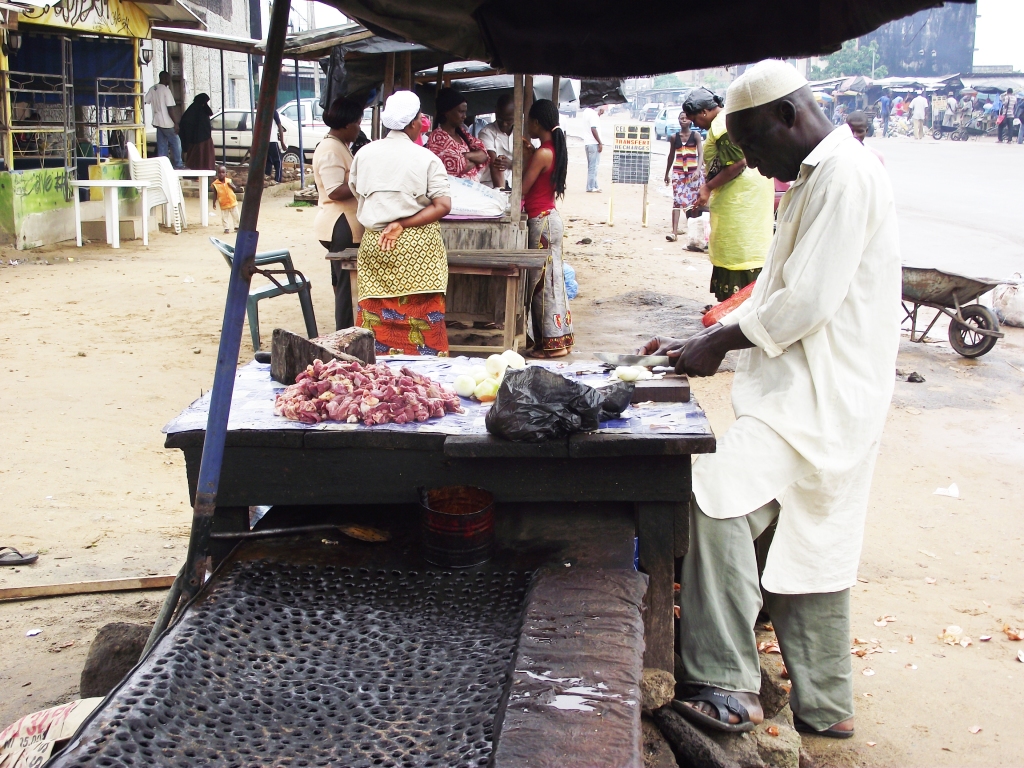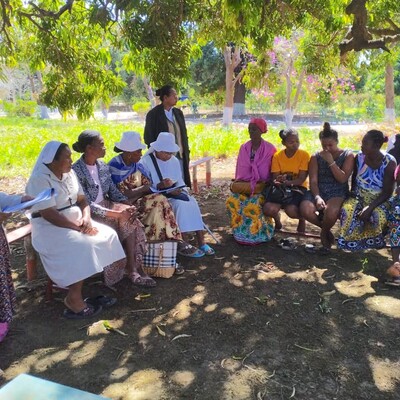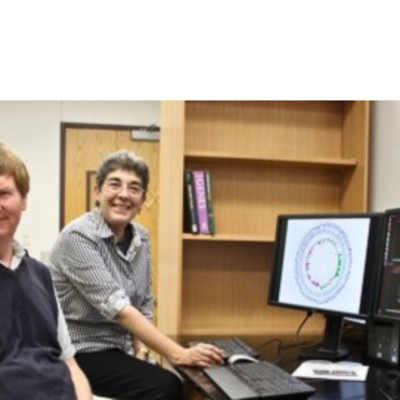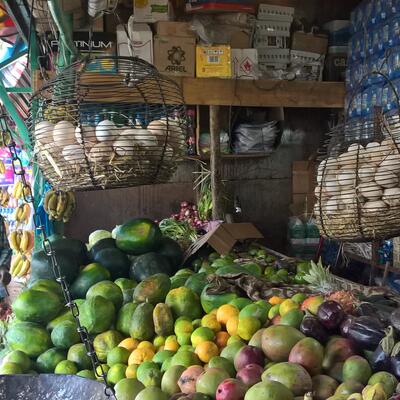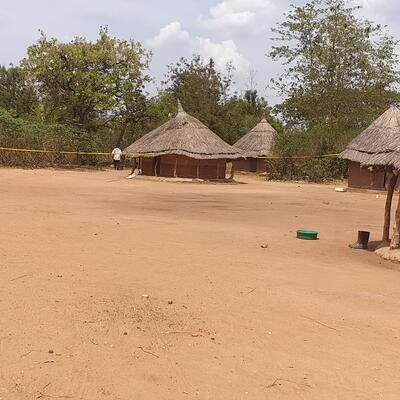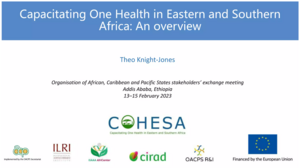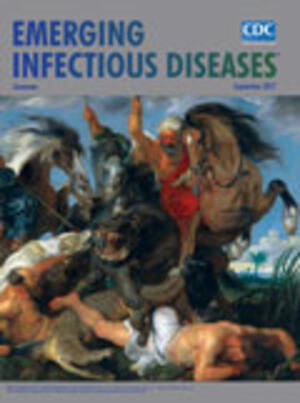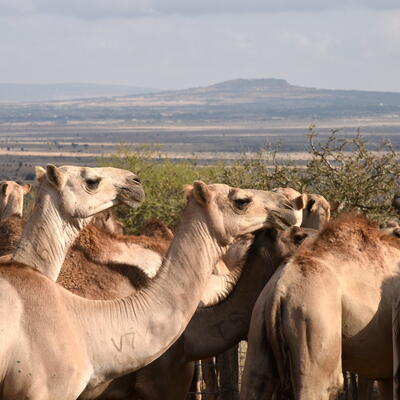
CGIAR scientists and research collaborators from Côte d’Ivoire discuss new One Health initiative
The world’s largest publicly-funded agricultural research partnership, CGIAR, is currently developing a series of initiatives to implement its 2030 research and innovation strategy that was launched in early 2021.
The research initiatives are designed to create lasting impact in five key areas:
- nutrition, health and food security;
- poverty reduction, livelihoods and jobs;
- gender equality, youth and social inclusion;
- climate adaptation and mitigation; and
- environmental health and biodiversity.
One of these research initiatives, Protecting human health through a One Health approach, aims to improve the prevention and control of antimicrobial resistance, foodborne diseases and zoonoses in seven target countries: Bangladesh, Côte d’Ivoire, Ethiopia, India, Kenya, Uganda and Vietnam.
The development of the One Health initiative is being led by a team of scientists from four CGIAR research centres — the International Food Policy Research Institute (IFPRI), the International Livestock Research Institute (ILRI), the International Water Management Institute (IWMI) and WorldFish — in collaboration with external research partners from Centre Suisse de Recherches Scientifiques en Côte d’Ivoire, EcoHealth Alliance and the University of Liverpool.
To ensure alignment of the proposed initiative with national priorities, the team convened a series of online consultative meetings with research collaborators to gain insights on the main One Health priorities, challenges, interventions and partner organizations in the respective countries.
The Côte d’Ivoire meeting, hosted by ILRI, took place on Thursday 12 August 2021, bringing together some 35 participants from government ministries, universities as well as national and international research organizations.
Dieter Schillinger, ILRI’s deputy director general for biosciences research and development, opened the meeting with a word of welcome and an overview of CGIAR’s 2030 research and innovation strategy that will guide the implementation of the 33 new research initiatives, including that on One Health—the focus of the online consultation.
He mentioned that the development of the One Health research initiative is a collaborative process and ILRI is working closely with other CGIAR research centres as well as external partners from research and academia, including those represented at the meeting. He therefore welcomed feedback and suggestions from the participants to ensure the research of the One Health initiative is relevant and impactful.
Hung Nguyen, co-leader of ILRI’s Animal and Human Health program, followed with an overview of the rationale of the One Health initiative, citing the need for a One Health approach to tackle the complexity of the global public health challenges posed by the rising incidence of antimicrobial resistance, foodborne diseases and zoonoses.
He then outlined the three main objectives of the One Health initiative, namely, to generate evidence for decision-making; evaluate impacts of One Health approaches; and scale up innovations into national policies and programs.
He further highlighted the initiative’s Theory of Change, explaining how the research outputs are expected to lead to specific development outcomes and impact by 2030, in line with the United Nations Sustainable Development Goals. The team estimates that between 4 million and 41 million cases of disease will be averted annually through the initiative’s efforts.
The initiative’s research activities will take place through five work packages:
- zoonoses;
- food safety;
- antimicrobial resistance;
- environment (water and wildlife interfaces); and
- economics, governance and behaviour.
The zoonoses work package aims to pre-empt the spread of zoonoses at the wildlife–livestock interface and reduce the incidence of zoonotic pathogens associated with poverty. Innovations include risk mapping of key endemic zoonoses and developing diagnostic kits for surveillance of zoonoses.
The food safety work package aims to reduce the burden of foodborne disease in traditional (informal) food value chains, with a focus on animal-source foods and other perishables such as fruits and vegetables. Innovations include training and certification of food handlers and traders, promotion of consumer demand for safe food, and behavioural nudges to encourage safe food handling practices.
The antimicrobial resistance work package will focus on reducing the burden of antimicrobial resistance by promoting the prudent use of antimicrobials in crop, fish and livestock production systems. Innovations include surveillance of antimicrobial resistance and communication of evidence on the costs and benefits of rational use of antimicrobials
The environment work package will focus on improving land use and water management to reduce health risks such as antimicrobial residues and zoonotic pathogens. Approaches will include recovery and reuse of animal waste to prevent water pollution and promotion of good practices to ensure the safe use of marginal quality water.
The economics, governance and behaviour work package aims to understand the drivers of people’s behaviour within food systems and the impact of policies and governance approaches on this behaviour. An example of an innovation under this work package is a performance management system for government officials responsible for implementing surveillance and enforcing regulations on antimicrobial use or food safety. Another innovation is a system to ensure inclusion of small-scale farmers, traders, food vendors and vulnerable groups so that they benefit from One Health outcomes.
During parallel group discussions on the work packages, the participants gave feedback on the main One Health challenges, priority interventions, actions to ensure inclusion and partner institutions in Côte d’Ivoire.
Among the main food safety challenges identified were the informal food sector (street foods) and low awareness on food safety. Priority interventions include risk analysis, consumer education and strengthening of capacity to assess risks.
With regard to control of zoonoses, some of the key challenges identified were non-compliance with disease control measures and non-adaptation of laws to current challenges. Priority interventions include improved communication among actors involved in control of zoonoses and an effective monitoring network.
Regarding antimicrobial resistance, some of the key challenges identified were environmental contamination through hospital and slaughterhouse waste, misuse of antimicrobials in livestock and aquaculture production systems and lack of surveillance of antimicrobial use. Priority interventions include strengthening of regulation and control of antimicrobial use and increasing awareness on rational use of antimicrobials and the dangers of self-medication with antibiotics.
To ensure inclusion, all important actors in the value chain need to be identified and invited for meetings where they can participate in exchange of information. In this regard, stakeholder mapping and the use of gender-focused approaches will be important.
The identified partner groups to work with included government ministries, universities, hospitals, public health institutes, pastoralists, the private sector, pharmaceutical companies and food manufacturers.
As the meeting ended, Vessaly Kallo, deputy director of animal health at the Directorate of Veterinary Services, lauded the proposed CGIAR One Health initiative. He noted that the initiative’s activities would support the implementation of a One Health multisectoral platform in Côte d’Ivoire.
Once approved, the CGIAR One Health initiative will start in January 2022 and run for an initial three years.
For more information, please contact Hung Nguyen (h.nguyen@cgiar.org) or Vivian Hoffmann (v.hoffmann@cgiar.org).
Access the meeting notes and presentation slides
Citation
ILRI, IFPRI, IWMI and WorldFish. 2021. Côte d’Ivoire stakeholder consultation on a proposed CGIAR One Health initiative. Nairobi, Kenya: ILRI. https://hdl.handle.net/10568/114915
Photo credit: Locally made beef stew sold in Bagnon market at Yopougon, Abidjan, Côte d’Ivoire (ILRI/Valentin Bognan Koné)






